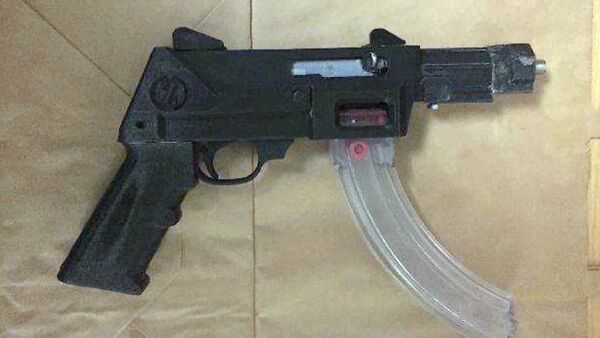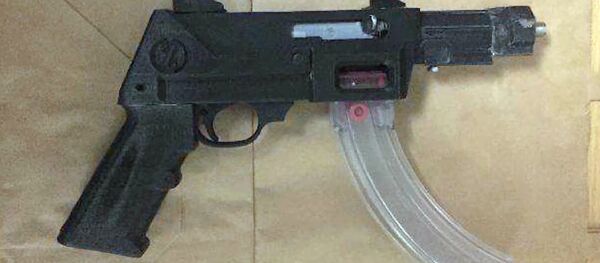"It won't be possible to ultimately stop this technological advance of 3D printing of guns," Rowley said on Thursday.
Following the recent ruling by a federal judge, who temporarily banned the posting of schematics for 3D guns online, a coalition of US gun rights activists called Code Is Free Speech began posting schematics for 3D-printed guns online, directly disobeying the court's decision.
Rowley also said gun control measures are not a solution and perhaps when things get worse, the United States will have to consider what can be done about the real root problems of the endemic violence.
"I'd say that without 'gun control' as the seemingly easier solution (non-solution) that (mostly American liberals) lean on, perhaps when the problem grows worse, they will have to consider what can be done about the real root problems of the endemic violence in the United States," she said.
"An interesting question is what the advent of 3D gun printing will have on other countries that don't already suffer from such a high level of endemic violence, say Canada, Japan or Switzerland," Rowley said.
The controversial issue of printing 3D guns and distributing their schematics online first emerged during the Obama administration, which had barred the practice. But the ruling was reviewed in June 2018, with the ban being lifted.
In February 2003, Rowley wrote an open letter to then FBI Director Robert Mueller, in which she warned her superiors that the FBI was not prepared to deal with new terrorist strikes that she and many of her colleagues feared would result from a US war with Iraq.
At the end of 2004, Rowley retired from the FBI after serving for 24 years. In 2002, she shared the Time magazine Person of the Year award with two other women whistle-blowers — Sherron Watkins from Enron and Cynthia Cooper of WorldCom.



